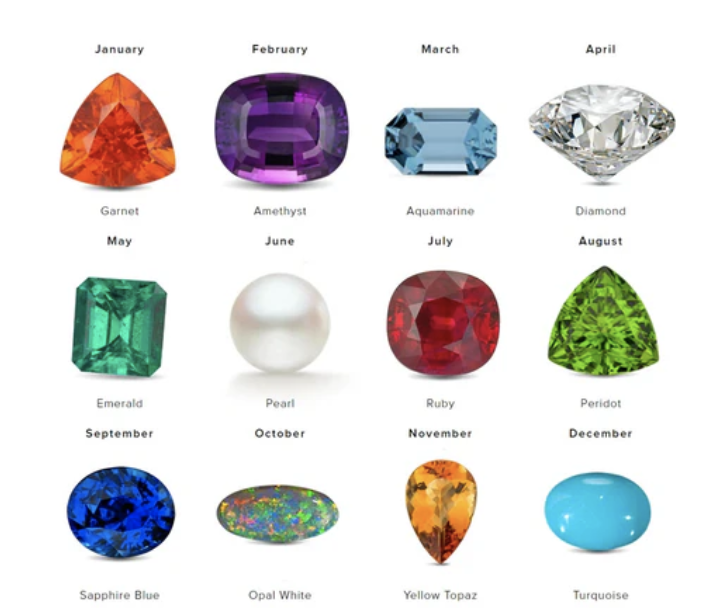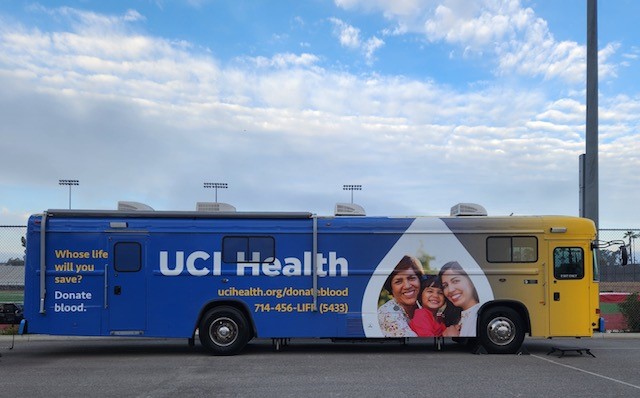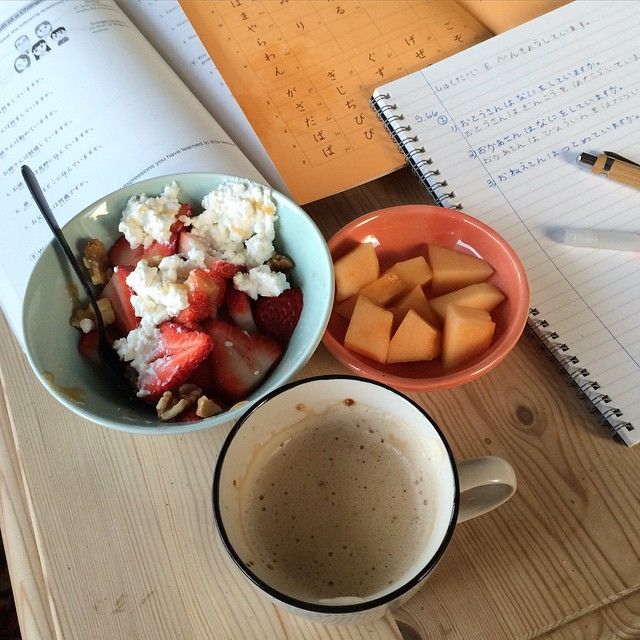Truth Behind Eating While Studying
Many people risk not being able to study at their fullest potential by reaching for an unhealthy snack choice!
December 10, 2021
As a student, studying for exams, working on projects, memorizing information, doing homework, and reviewing for finals is stress at its highest level, especially when doing it in a time crunch. In fact, just reading the sentence containing the words “exam”, “memorizing”, “homework”, and “finals” causes a feeling of stress. For some, this may lead to stress eating, the habit of eating as a means to relieve stress (Oxford Dictionary). Eating while studying or working is a common occurrence for students, whether it is just snacking, drinking a drink, or eating a whole meal. So, if many students have the habit of eating while studying, it has to be positively effective right?
Simply stated, it depends. Stress eating does not have to be a bad habit, and eating while studying can actually be the key to acing the next test. Depending on the specific food being consumed, eating while studying can help students keep up their energy, stay focused, and increase the brain’s ability to memorize information. To see whether the food or drink will be beneficial to studying and working, a closer look at the composition of the item and the scientific aspect of effects on the body is needed.
When wanting to have a snack, many people will have the instinct to grab their favorite junk food or caffeinated drink, which has been overprocessed and is usually filled with sugar and fat. Scientifically speaking, candy, coffee, sugary drinks, and other fatty foods can cause an instant increase in dopamine levels, a chemical in the brain that improves attention, memorization, and concentration (snacknation.com). However, when eating these types of food, the dopamine high is short-lived, and the sudden drop of dopamine levels, once the sugar wears off, will have even harsher effects on studying compared to not eating at all (snacknation.com). Additional side effects of eating refined carbohydrates (chips, bread, fried food, etc.) and foods with high amounts of added sugar include having a weaker memory and getting tired more easily, which will surely affect studying (brainscape.com). Hanbin Wang (10) shares his own experience with eating these types of food while studying, and has found that “When I eat while studying, I normally get distracted and end up taking a break when I shouldn’t.”
Specifically, caffeine, which is known to help keep people awake and focused on a task, can reach a point where it counters what it is intended to do. Many students drink coffee reasonably throughout the day. However, when pulling all-nighters or waking up at the crack of dawn to study and get work done, students will feel the need to drink cups after cups of coffee. Students may think that the excessive amount of coffee will keep them awake and in effect help them focus; however, by the fifth cup of coffee, the caffeine will start to make the body jittery and uncomfortable and the brain distracted (theodysseyonline.com). Being distracted will make the process of finishing homework or memorizing information for a test much harder and longer than if the brain is focused.
To keep the brain from being distracted, it is important not to eat the first packaged and processed thing in the candy and chips aisle, or the calorie-filled, sugared soda in the nearest vending machine. Instead, the go-to food items while studying should include fiber, protein, and healthy fats in order to ensure the brain is functioning at its best ability. While it may seem easier to just open a bag of gummy bears to eat as a snack while studying, there are many other healthier food options: nuts, fruits, high-protein snack bars, fish, vegetables, and complex carbohydrates (whole wheat, oats, whole grain, etc.). That’s just to name a few!
The foods listed above have been proven to have positive effects on studying. For example, healthy fats, such as nuts and fatty fish, increase blood flow to the brain, heighten cognitive abilities, and improve mood, unlike saturated fats (greasy, fried foods) (brainscape.com). Likewise, complex carbohydrates including whole grains, oats, quinoa, and barley, provide the brain with a steady supply of glucose that lasts longer than other forms of refined carbohydrates (brainscape.com). Protein is a big part of powering the brain, which is why it is important to eat lean meat, beans, soy foods, or if in a rush, high-protein snack bars (brainscape.com). In addition, a significant item on the list is fruit, which while it may seem basic, is actually a great way of eating natural sugars, which is healthier than the added sugar in candies and other junk foods. Lastly, although vegetables are not a fan favorite among students, many of the leafy, dark green vegetables, such as broccoli, kale, and spinach, contain a variety of vitamins that are known to improve alertness and memory (brainscape.com).
When looking at different types of drinks, it is only beneficial for a certain amount of coffee to be consumed, and sodas and other sugary drinks have way too much added sugar for the brain to use effectively. While on the topic of sugary drinks, do not be fooled into thinking that fruit juices are a healthy option just because of the word “fruit” in front of it. In reality, the so-called “fruit juices” have a lot of added sugar, just as much as soda does (brainscape.com). It is the best and safest option, for the sake of studying and school, to stick with water.
Although eating and studying seem like completely unrelated things, they are shown to go hand in hand. The right food will help the brain function at its highest potential, increasing focus and optimizing memory when studying. It doesn’t hurt to grab a healthy snack on the way to hitting the books, and who knows, it might just be the key to acing the next exam.









































isabelle • Feb 27, 2025 at 7:25 AM
Wow! This was so interesting to read about especially because I’m someone who eats while studying and working! Good job and I love the image you used
Emma Safari • Nov 30, 2023 at 7:39 AM
I’m hoping the healthier snacks will help me do better on my tests and upcoming finals! Amazing article, keep up the great work.